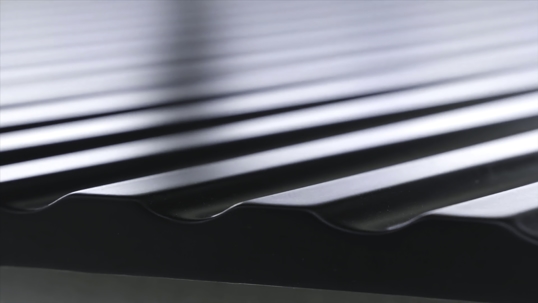When it comes to roofing, one size does not fit all. Whether you're a Tulsa homeowner or a business owner, understanding the differences between residential and commercial roofing is essential for making informed decisions about your property's protection. Each type of roofing system comes with its unique challenges, requirements, and considerations. In this blog post, we'll dive into Tulsa's residential vs. commercial roofing, providing you with valuable insights from the experts at Tier One Roofing.
Residential Roofing in Tulsa
Residential roofing is designed to protect individual homes and their inhabitants. Here are some key insights into residential roofing:
1. Roofing Materials: Residential roofs in Tulsa typically use a variety of materials, including asphalt shingles, metal, tile, and wood shakes. The choice often depends on the homeowner's preference, budget, and the aesthetics they desire.
2. Roof Pitch: Residential roofs tend to have steeper pitches compared to commercial roofs. This design choice is often driven by aesthetics and climate considerations.
3. Maintenance: Homeowners should schedule regular roof inspections and maintenance to ensure their roofs stay in top condition. Addressing issues promptly can prevent costly repairs down the road.
4. Ventilation: Proper attic ventilation is crucial for residential roofs. It helps regulate temperature, control moisture, and extend the life of the roofing materials.
5. Aesthetics: Residential roofing often places a strong emphasis on curb appeal. Homeowners have the freedom to choose from various colors and styles to complement the overall look of their homes.
Commercial Roofing in Tulsa
Commercial roofing is an entirely different ballgame. Here's what you need to know about it:
1. Roofing Materials: Commercial roofs in Tulsa frequently use single-ply membranes like TPO and EPDM, as well as modified bitumen. These materials are chosen for their durability and ability to cover large, flat surfaces.
2. Roof Design: Commercial roofs are typically flat or low-slope to accommodate HVAC equipment, drainage systems, and other commercial necessities. Proper drainage is critical to prevent water ponding and leaks.
3. Maintenance: Regular inspections and maintenance are equally important for commercial roofs. Leaks or damage can disrupt business operations and lead to costly repairs.
4. Energy Efficiency: Commercial properties often focus on energy-efficient roofing solutions to reduce utility costs. Reflective roofing materials and insulation are commonly used.
5. Longevity: Commercial roofing systems are designed to be long-lasting and resilient, as they protect valuable assets and business operations.
Choosing the Right Roofing Solution
Whether you're a Tulsa homeowner or a business owner, choosing the right roofing solution is crucial. At Tier One Roofing, we understand the unique needs of residential and commercial properties in Tulsa. Our experienced team can guide you through the selection process, ensuring you get a roofing system that meets your specific requirements and budget.
In conclusion, residential and commercial roofing in Tulsa have distinct characteristics and considerations. When it's time for a new roof or repairs, trust Tier One Roofing to provide expert guidance and top-notch service. Contact us today to discuss your roofing needs and schedule a consultation. Your property's protection is our priority.

